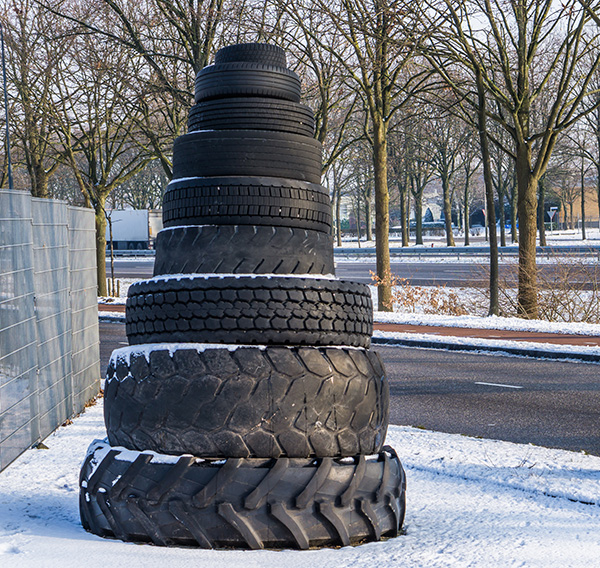
Have you ever wondered how something as seemingly simple as the size of your car's wheels could impact your driving experience? From the sleek rims of a sports car to the rugged wheels of an off-road vehicle, the size of your wheels plays a crucial role in determining ride quality. Let's find the intricate relationship between wheel size and ride comfort, exploring the factors that influence this dynamic interplay.
The Dynamics of Wheel Size
When you first look at your car's wheels, you might think that their size is just for aesthetics. However, the truth is that wheel size affects more than just the appearance of your vehicle. It has a significant impact on how it performs on the road. The dimensions of your wheels can affect various aspects of your driving experience, including handling, stability, comfort, and fuel efficiency.
Handling and Stability
One primary way wheel size affects ride quality is through its impact on handling and stability. Larger wheels typically improve grip and cornering performance, especially in high-speed maneuvers. However, they may also result in a harsher ride, transmitting more vibrations and road imperfections to the cabin. Conversely, smaller wheels provide a smoother ride but may compromise handling, particularly on rough terrain or in adverse weather conditions.
The Balance Between Size and Suspension
Achieving optimal comfort behind the wheel involves striking a delicate balance between wheel size and suspension tuning. While larger wheels may enhance the visual appeal of your vehicle and offer superior performance, they can also lead to a bumpier ride, especially on uneven surfaces.
On the other hand, smaller wheels absorb road irregularities more effectively, resulting in a smoother and more comfortable driving experience. Still, they may not provide the same level of responsiveness and precision as their larger counterparts.
Fuel Efficiency
Another factor to consider when contemplating wheel size is its impact on fuel efficiency. Larger wheels come with wider tires, which increase rolling resistance and, consequently, fuel consumption. In contrast, smaller wheels with narrower tires offer improved fuel efficiency by reducing friction with the road surface. Thus, when choosing the size of your wheels, it's essential to weigh the trade-off between performance, comfort, and fuel economy to find the perfect balance for your driving needs.
Optimal Wheel Size Recommendations
When it comes to selecting the ideal wheel size for your vehicle, adhering to the manufacturer's recommendations is often the wisest choice. Manufacturers meticulously engineer their vehicles, including wheel size, to ensure optimal performance, handling, and safety. Following these recommendations helps balance ride quality, fuel efficiency, and overall driving experience.
Don't compromise on your tires—trust inMOTION Auto Care for expert advice and top-notch tire fitting services. Upgrade your ride today—visit us or call for a tire consultation.